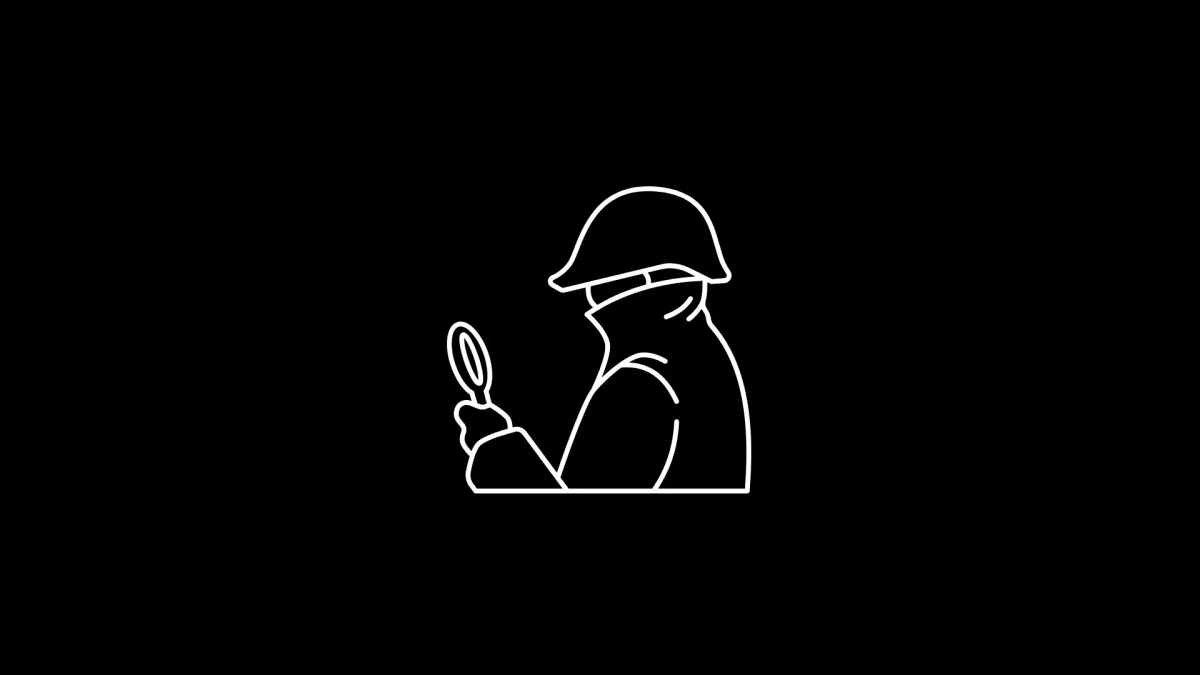Debunking Common Myths About Web Servers
Think Nginx is always faster than Apache? Or that free web servers are unreliable? Discover the truth as we bust myths about web servers with insights and tips for better performance and informed choices. No fluff, just facts to help you optimize your hosting setup.

Table of Contents
- Myth 1: "Apache is Outdated and Irrelevant"
- Myth 2: "Nginx is Always Faster Than Apache"
- Myth 3: "You Only Need One Web Server Technology"
- Myth 4: "Free Web Servers Are Not Reliable"
- Myth 5: "More Performance = More Hardware"
- Myth 6: "Switching Web Servers is Always a Hassle"
- Myth 7: "A Good Web Server Solves All Performance Problems"
- Myth 8: "HTTP/3 Is Just a Buzzword"
- Final Thoughts
- FAQs
Web servers are the backbone of the internet, but there’s a surprising amount of misinformation surrounding them. From debates about which server is the fastest to outright dismissal of older technologies, many myths have taken root in the tech world. Let’s break down some of the most common misconceptions about web servers and set the record straight.
Myth 1: "Apache is Outdated and Irrelevant"
The Truth:
Apache is far from outdated. Yes, it’s one of the oldest web servers around, but that doesn’t mean it’s irrelevant. Apache powers a significant portion of the internet, including many enterprise-level websites.
It’s highly flexible and supports a wide range of modules that can be tailored to specific needs. While it may not always outperform newer web servers like Nginx in specific scenarios, its reliability, extensive documentation, and active community make it a solid choice.
When to Use Apache:
- If you need .htaccess-based configurations.
- When you’re hosting legacy applications.
- For platforms like cPanel that work seamlessly with Apache.
Myth 2: "Nginx is Always Faster Than Apache"
The Truth:
Nginx is designed for high concurrency and does excel at serving static files quickly, but saying it’s always faster than Apache is oversimplifying. Apache’s performance depends heavily on how it’s configured. With tools like the Event MPM module, Apache can handle concurrent connections almost as well as Nginx.
The key is knowing what your server needs. For dynamic content or apps requiring CGI, the difference may not be as significant as you think.
When Nginx Shines:
- For sites with heavy static content.
- In reverse proxy setups for load balancing.
Myth 3: "You Only Need One Web Server Technology"
The Truth:
Many modern setups use a combination of web servers to optimize performance. For example, you might pair Nginx as a reverse proxy for its speed in handling static files with Apache behind it for its flexibility with dynamic content.
This hybrid approach leverages the strengths of both servers and ensures you’re not sacrificing one feature for another.
Use Case Example:
- Nginx for serving cached assets and managing SSL.
- Apache for backend processing with PHP or Ruby.
Myth 4: "Free Web Servers Are Not Reliable"
The Truth:
Open-source and free web servers like Apache, Nginx, and Caddy are some of the most reliable and widely used technologies in the industry. They power millions of websites, from personal blogs to high-traffic e-commerce platforms.
These servers are regularly updated, backed by strong communities, and often outperform their commercial counterparts in flexibility and adaptability.
Pro Tip: Invest time in learning how to configure these free servers correctly, and they’ll compete head-to-head with premium solutions.
Myth 5: "More Performance = More Hardware"
The Truth:
Throwing hardware at performance issues isn’t always the answer. Often, poor server configuration is the culprit behind slow speeds and crashes. Proper tuning, caching, and load balancing can dramatically improve server performance without requiring additional resources.
Performance Optimization Tips:
- Use caching tools like Varnish or Redis.
- Optimize your database queries.
- Configure Gzip compression for faster content delivery.
Myth 6: "Switching Web Servers is Always a Hassle"
The Truth:
Migrating between web servers isn’t as complicated as it used to be. Tools and services now make switching from Apache to Nginx, or vice versa, much easier. Many hosting providers even offer one-click migrations for common setups.
Of course, planning and testing are essential, but the fear of switching shouldn’t keep you tied to a server that no longer meets your needs.
Myth 7: "A Good Web Server Solves All Performance Problems"
The Truth:
A web server is just one piece of the puzzle. Slow websites can be caused by issues like unoptimized databases, bloated code, or poorly configured CDNs. While choosing the right web server is important, it’s equally critical to optimize the entire stack.
Focus Areas Beyond Web Servers:
- Efficient front-end code (e.g., CSS/JS minification).
- Faster database queries.
- Optimized image delivery through lazy loading or CDNs.
Myth 8: "HTTP/3 Is Just a Buzzword"
The Truth:
HTTP/3, which uses the QUIC protocol, is far from a buzzword. It’s a genuine leap forward in web server technology, offering faster connections, better reliability, and improved security. Many modern web servers, including Nginx and Caddy, already support HTTP/3.
If your audience is on modern browsers, enabling HTTP/3 can significantly enhance user experience, especially for mobile users.
Final Thoughts
Web server myths often stem from outdated information or overly simplistic comparisons. The truth is, no one web server is perfect for every use case. Your choice depends on your specific needs, the type of content you’re serving, and your ability to configure the server effectively.
By cutting through these misconceptions, you can make informed decisions and set up a web server that truly meets your requirements. So, next time you hear someone dismiss Apache or blindly praise Nginx, share a few of these insights—they might just learn something new.
FAQs
Is Apache really outdated compared to newer web servers?
No, Apache is still widely used, reliable, and frequently updated. Its flexibility and robust module support make it relevant for many use cases.
Is Nginx always faster than Apache?
Not always. Nginx excels with static content and high concurrency, but Apache can match its performance with proper configuration.
Can I use both Apache and Nginx together?
Yes! Many setups use Nginx as a reverse proxy for speed and Apache for dynamic content handling, leveraging the strengths of both.
Are free web servers like Apache or Nginx reliable?
Absolutely. Free and open-source web servers power millions of websites worldwide, offering robust features and strong community support.
Do I need to switch to HTTP/3 right now?
HTTP/3 offers significant performance benefits, especially for mobile users, but it’s not mandatory unless your audience heavily relies on modern browsers.
Is switching web servers complicated?
It can be straightforward with the right tools and planning. Many hosting providers offer seamless migration options to simplify the process.
Does my web server choice solve all performance issues?
No, a web server is one part of the stack. Database optimization, caching, and front-end efficiency also play critical roles.
Is it true that you need better hardware for better performance?
Not always. Optimizing server configurations, enabling caching, and using CDNs can significantly boost performance without new hardware.
Why does Nginx outperform Apache in some cases?
Nginx uses an event-driven architecture, making it efficient for handling static content and high concurrency scenarios.
Can I use open-source web servers for enterprise applications?
Yes! Many enterprises rely on open-source servers like Apache, Nginx, and Caddy for their scalability, reliability, and customization capabilities.



